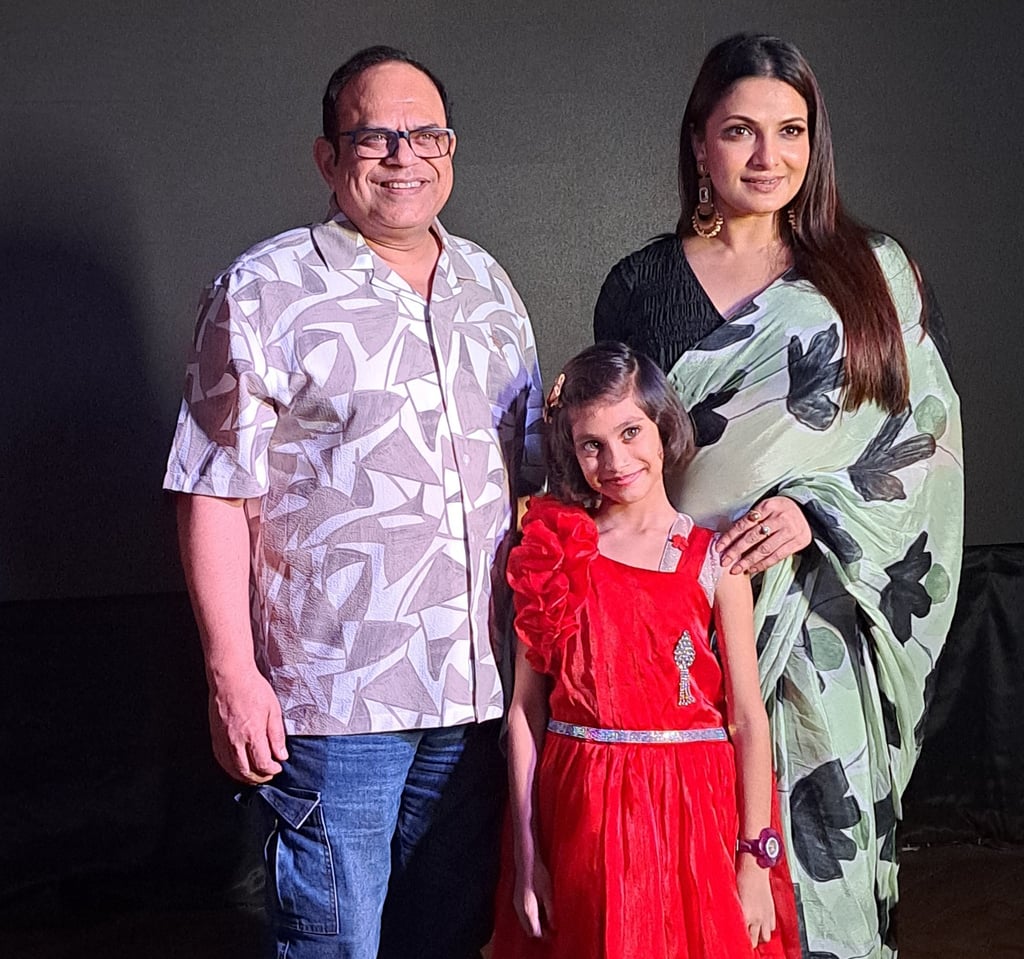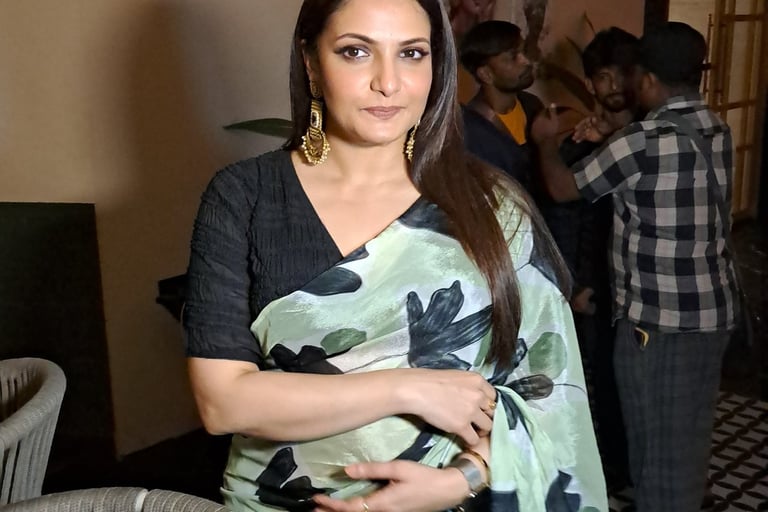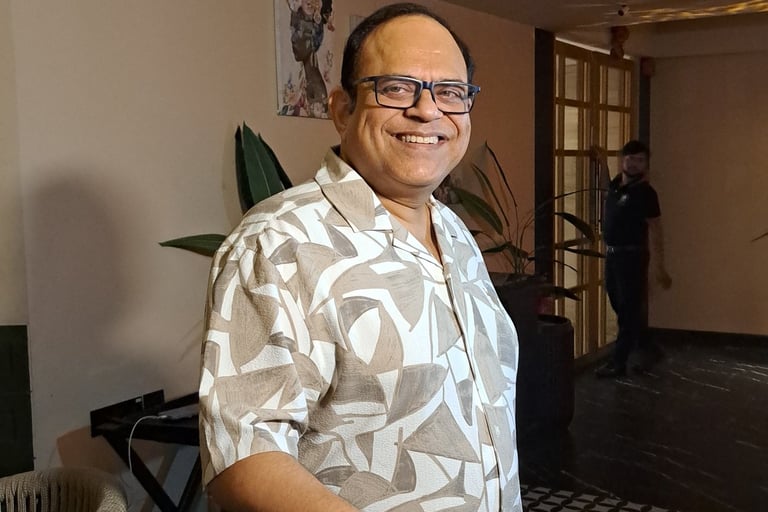'Porii Monii' — A Resonant Cry Through Social Horror
'Porii Monii' is a unique social horror film directed by Siddhartha Chakraborty and Souvik Dey. Featuring a talented cast, including Tnusree Chakraborty and Rajatava Dutta, the movie uses a ghostly narrative to deliver a powerful message about social issues, exploring deep-seated fears rather than just jump scares
MOVIE DECK
Cine Shutters
9/20/20252 min read


"Porii Monii," an M/S Siddhartha Chakraborty Production, is a poignant and unsettling film that transcends the boundaries of the horror genre. Directed by Siddhartha Chakraborty and Souvik Dey, the film lives up to its synopsis, offering "a tender message of social awareness" through a "spectral language." With a talented cast led by Tnusree Chakraborty, Rajatava Dutta, Debraj Bhattacharjee, and Pragya Goswami, this movie is less about jump scares and more about the deep-seated psychological and social fears that haunt us.
A Synopsis of Fear and Guilt
The film's premise is deeply disturbing yet compelling. The story revolves around Pori, a young girl whose body becomes the vessel for a three-month-old fetus that her mother, played by Tnusree Chakraborty, had aborted. This “voiceless lump of flesh” returns, not as a conventional ghost, but as a silent, accusatory presence that unravels the mother’s psyche. The haunting is a manifestation of guilt, a rebellion against the "silent cruelty of society" that often forces women into such heartbreaking decisions.
The narrative, crafted by Siddhartha Chakraborty with a screenplay by Souvik Dey, Suman Giri, and Abhijit Das, weaves a complex tapestry of fear, love, guilt, and responsibility. It’s a battle of a mother’s psychological breakdown and a "distortion of feminine consciousness." The horror is not in what we see, but in the unseen, the unspoken grief and trauma that reside within the walls of a seemingly ordinary house.
Technical Craftsmanship and Emotional Resonance
The film's emotional weight is supported by its strong technical aspects. Arnav Guha's cinematography captures the claustrophobic and tense atmosphere, making the house a character in itself—a repository of buried secrets and past pain. Abhisek Mukherjee's editing enhances the suspense, creating a deliberate, slow-burn pace that allows the psychological horror to simmer. The music by Soumya Rit is particularly noteworthy; it doesn't just score the film, but acts as a haunting, ethereal voice for the unspoken cries of the film's characters.
"Porii Monii" is a powerful film that uses the language of horror to deliver a profound and moving social commentary. It's a "voice of resistance" and a "projection of a voiceless cry." It bravely confronts themes of abortion, maternal guilt, and societal pressure, forcing the audience to look beyond the supernatural and into the very real horrors that exist within the human condition. This film is a bold and significant statement, one that will linger in the minds of viewers long after the credits roll.




